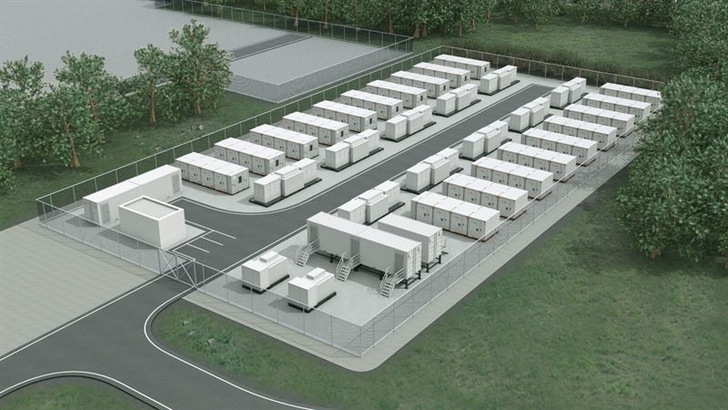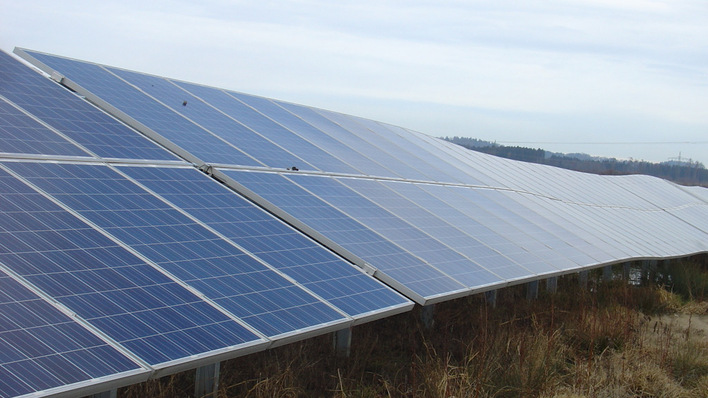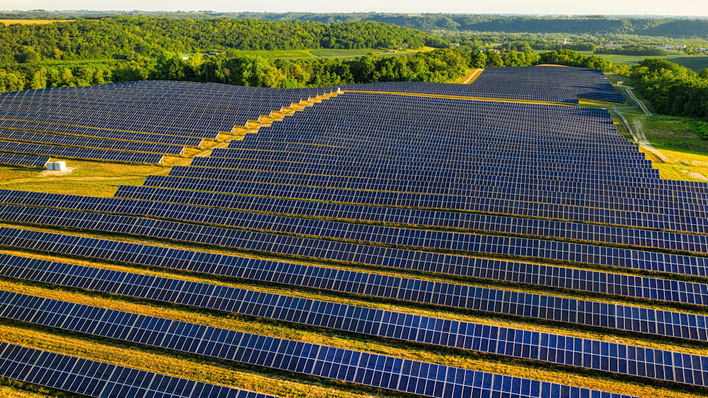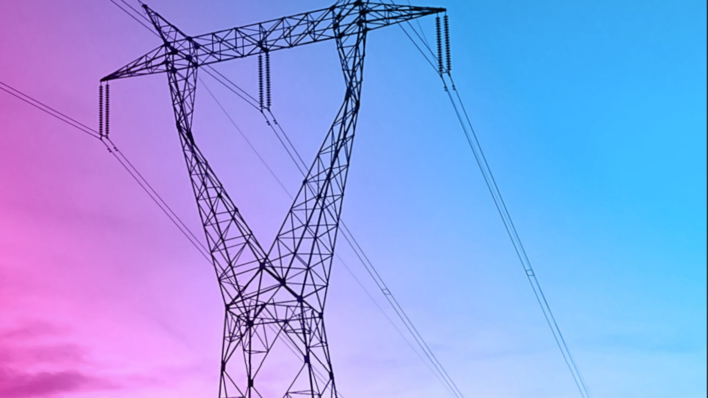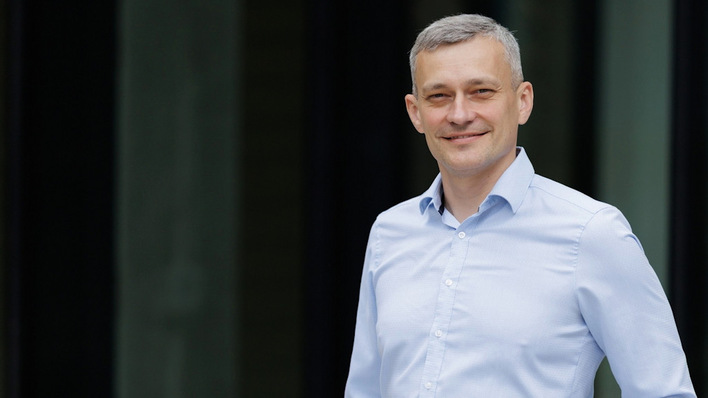The 50-megawatt / 100-megawatt hour project, which will form part of a new Energy Superhub in the region. The order was included in Wärtsilä’s order book in Q4 2022, and construction is expected to start in spring 2023. The new lithium-ion storage facility in Sundon can store enough electricity to power 100,000 homes for two hours, and it will support electric vehicle (EV) charging and the electrification of public transport. The project will enable increased renewable energy integration and intermittency management, in addition to strengthening the resiliency of the electricity system, automatically charging and discharging to balance supply and demand.
See also: Lay foundations for Africa’s clean energy future
Wärtsilä has provided its propriety GridSolv Quantum system and GEMS Digital Energy Platform, in addition to the power conversion system and commissioning for the project. GEMS provides the data and insights to instruct trading parties and performance for comprehensive asset management. The energy storage technology will enable balancing services for the UK grid, including electricity market trading and frequency response, with the capability to support local consumers such as EV charging stations during grid outages.
Also interesting: Planning laws for large-scale battery storage loosened in the UK
Wärtsilä’s installed energy storage technology base in the UK now exceeds 424 MWh. The prior projects with EDF Renewables (formerly Pivot Power) in Oxford and Kemsley in Kent were delivered in 2021, and two projects in Birmingham and Coventry are currently under construction. Wärtsilä has also delivered a number of other energy storage projects in the UK, including a 50 MW / 100 MWh project first site for SSE in Salisbury, and an islanded-grid project to balance renewables in Lerwick, on the Shetland Islands. (mfo)


